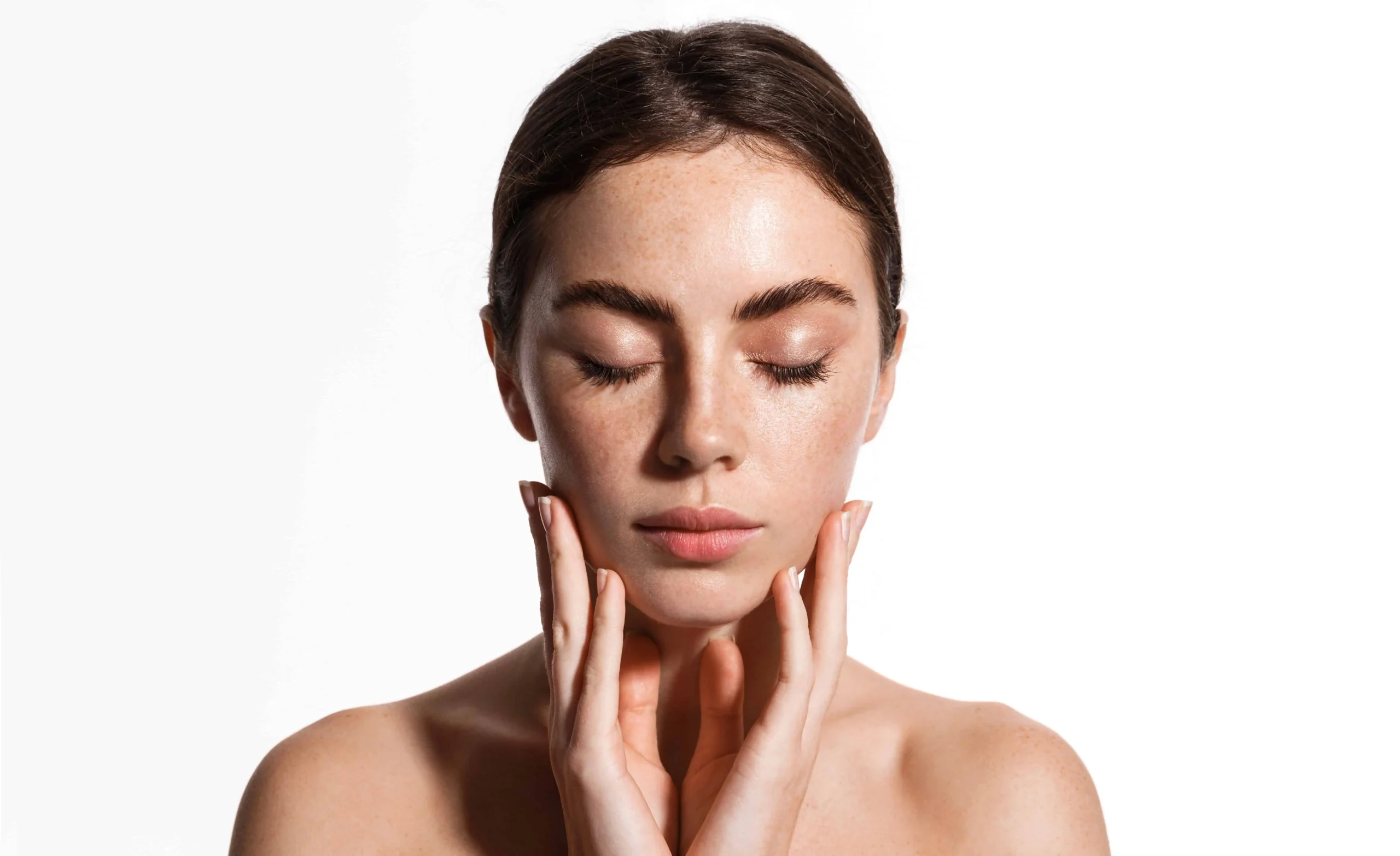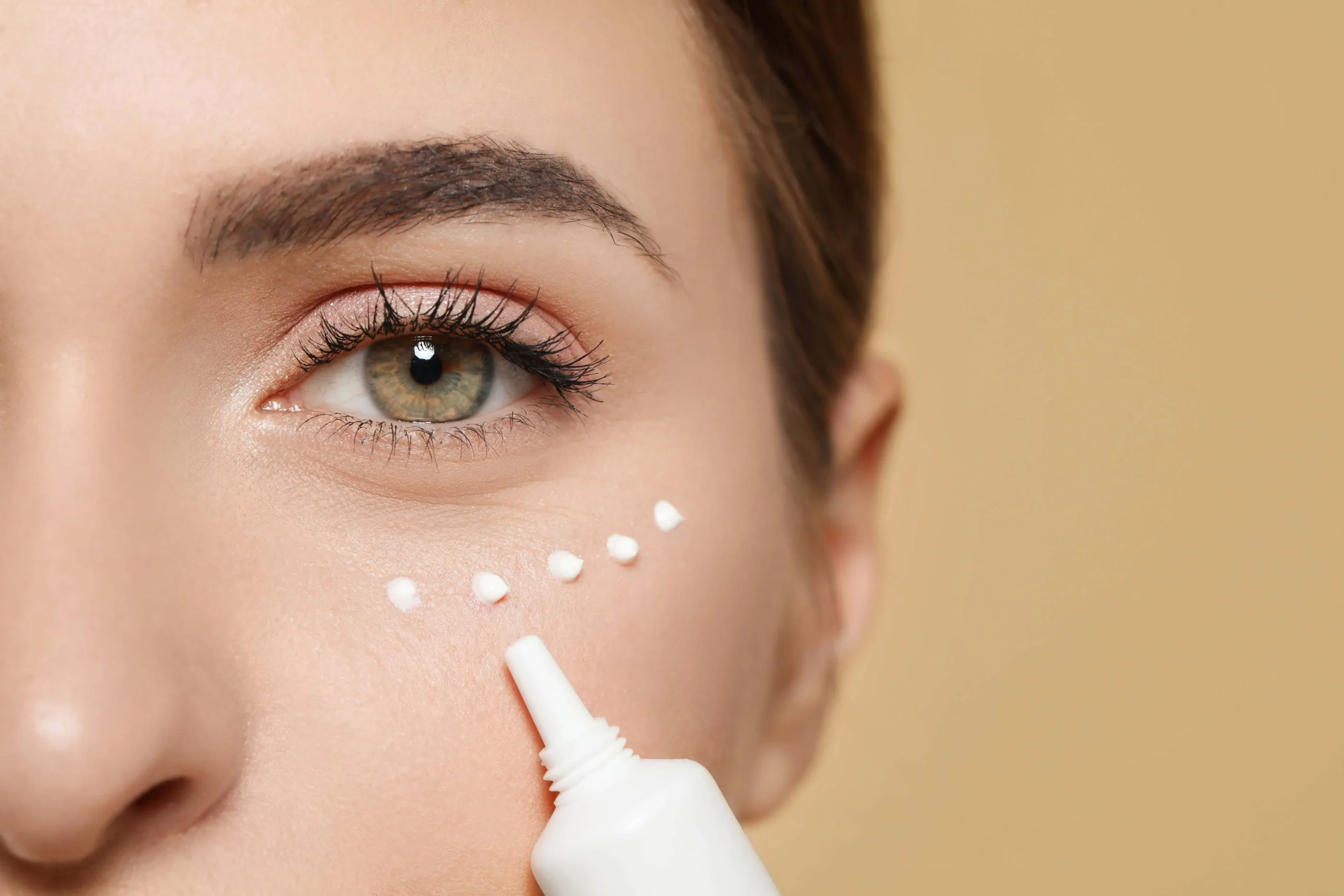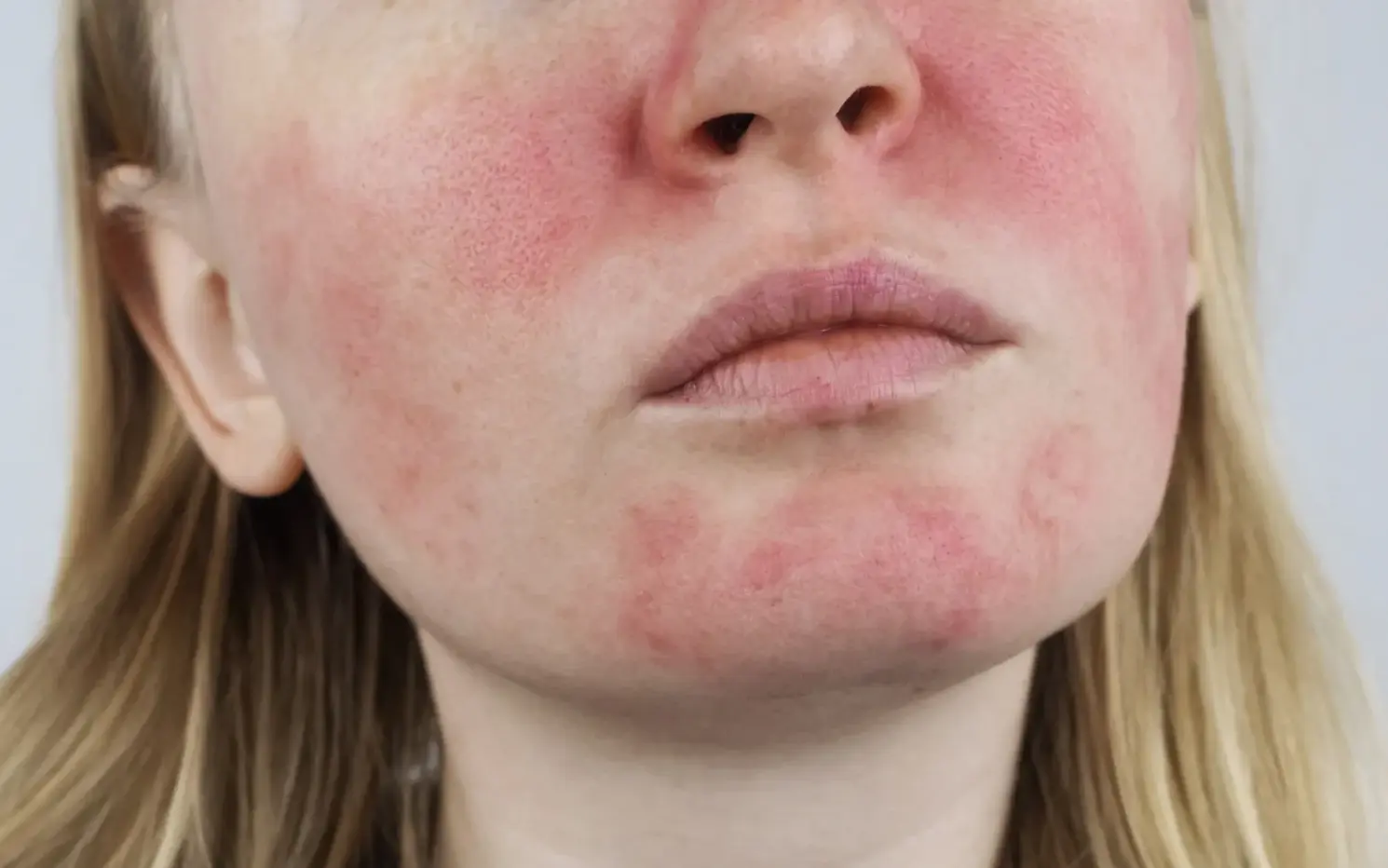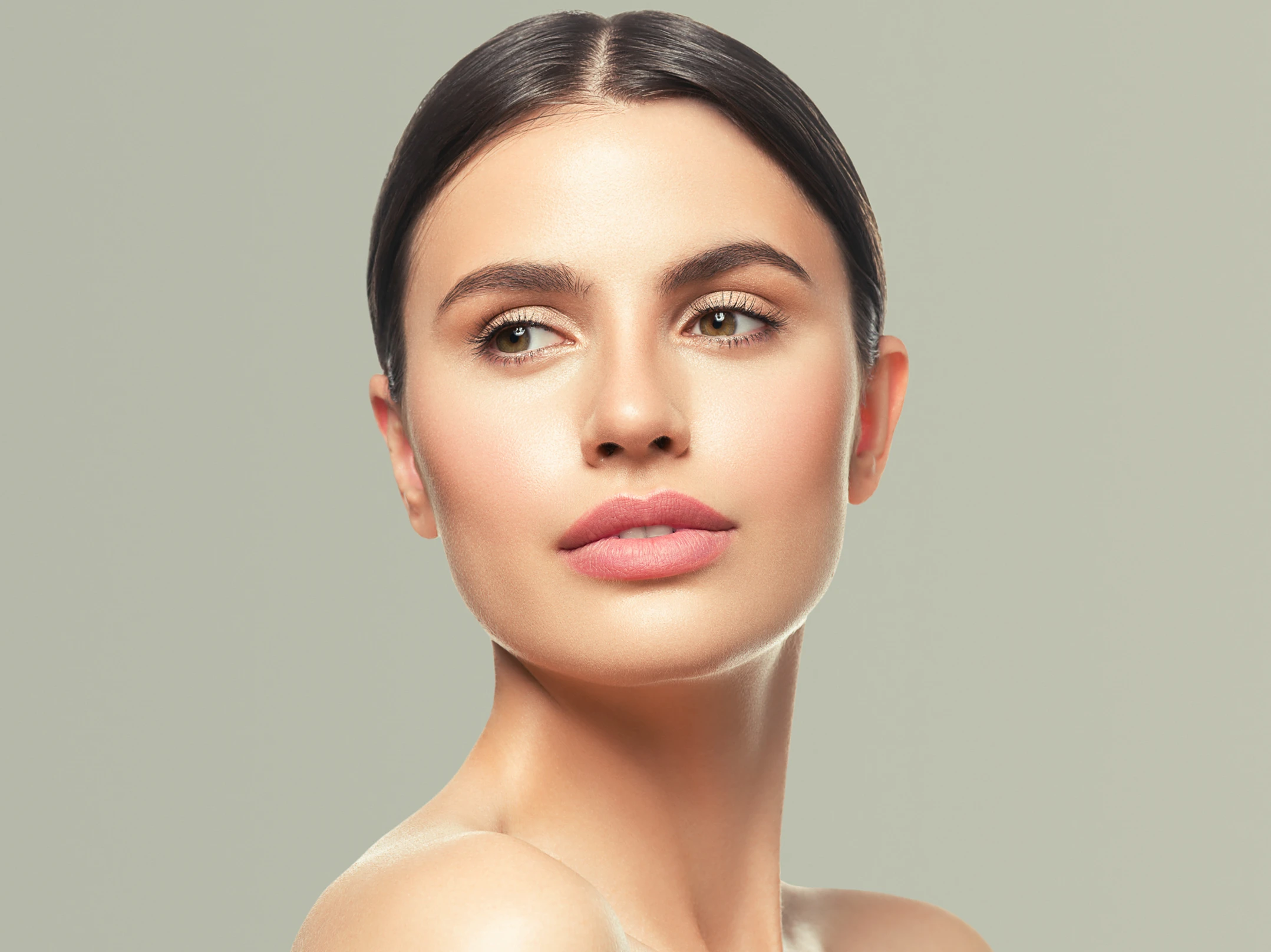In recent years, diet trends have become more than just fads; they’ve transformed into lifestyle changes that can impact various aspects of our health, including our skin. From the ketogenic diet to plant-based veganism, the foods we eat play a crucial role in our skin’s appearance and health. In this blog post, we’ll explore how popular diet trends influence skin health, examining the benefits and potential drawbacks of each.
1. The Ketogenic Diet: High Fat, Low Carbs
What Is It?
The ketogenic (keto) diet is characterized by a high-fat, moderate-protein, and low-carbohydrate intake. The goal is to reach ketosis, a condition in which the body utilizes fat as its primary energy source instead of carbohydrates.
Impact on Skin Health:
- Reduced Inflammation: Keto diets are often high in omega-3 fatty acids from sources like avocados and nuts, which can help reduce systemic inflammation. Lower inflammation can improve conditions like acne and rosacea.
- Potential for Dry Skin: The high-fat content may benefit skin hydration, but some people might experience dryness due to reduced carbohydrate intake. Carbohydrates can aid in skin moisture retention, so it’s important to balance fat intake with hydrating foods.
- Acne Concerns: There’s mixed evidence on keto diets and acne. Some report improvements due to reduced insulin spikes, while others may experience breakouts due to increased dairy consumption (a common component of keto).
Tips:
- Ensure you’re getting a variety of healthy fats, including those from nuts, seeds, and fatty fish, to support skin hydration.
- Incorporate low-carb, hydrating vegetables like cucumbers and leafy greens to maintain moisture levels.
2. The Vegan Diet: Plant-Based Living
What Is It?
A vegan diet avoids all animal products and centers on eating fruits, vegetables, grains, nuts, and seeds. It emphasizes plant-based sources of protein, vitamins, and minerals.
Impact on Skin Health:
- Rich in Antioxidants: Vegan diets are typically high in fruits and vegetables, which are rich in antioxidants like vitamins C and E. These antioxidants help protect the skin from free radical damage and support collagen production.
- Improved Skin Texture: Plant-based diets often include foods high in fiber and water content, which can aid in detoxification and improve skin texture.
- Potential Nutrient Deficiencies: Without careful planning, vegans may lack essential nutrients such as vitamin B12, iron, and omega-3 fatty acids, which can negatively impact skin health.
Tips:
- Include a variety of colorful fruits and vegetables to maximize antioxidant intake.
- Consider supplements for nutrients like vitamin B12 and omega-3s to ensure awell-rounded diet.
3. The Paleo Diet: Back to Basics
What Is It?
The Paleo diet focuses on eating whole, unprocessed foods that our ancestors might have consumed. It includes lean meats, fish, fruits, vegetables, nuts, and seeds while excluding grains, legumes, and processed foods.
Impact on Skin Health:
- Reduced Inflammation: The Paleo diet’s emphasis on whole foods and healthy fats can help reduce inflammation and improve conditions like eczema and psoriasis.
- Better Skin Hydration: The inclusion of healthy fats and high-water-content fruits and vegetables can enhance skin hydration and elasticity.
- Potential for Nutritional Imbalance: Excluding grains and legumes may lead to deficiencies in certain vitamins and minerals if not carefully managed.
Tips:
- Focus on a variety of fruits, vegetables, and lean proteins to ensure a balanced intake of essential nutrients.
- Include omega-3-rich foods like salmon and walnuts to support skin health.
4. The Mediterranean Diet: Heart-Healthy and Skin-Friendly
What Is It?
The Mediterranean diet is known for its emphasis on whole grains, lean proteins, healthy fats (particularly olive oil), fruits, vegetables, and moderate wine consumption.
Impact on Skin Health:
- Anti-Inflammatory Benefits: Rich in antioxidants, omega-3 fatty acids, and
polyphenols, the Mediterranean diet helps reduce inflammation and protect the skin from
oxidative stress. - Hydration and Elasticity: The diet’s focus on healthy fats and water-rich foods supports
skin hydration and elasticity. - Potential for Balanced Nutrients: This diet includes a wide range of foods that provide
essential vitamins and minerals necessary for maintaining healthy skin.
Tips:
- Incorporate a variety of fruits, vegetables, nuts, and seeds to ensure a rich supply of antioxidants and essential fatty acids.
- Use olive oil as a primary fat source to support skin hydration and elasticity.
5. Intermittent Fasting: Timing Your Meals
What Is It?
Intermittent fasting consists of alternating between intervals of eating and fasting. Popular methods include the 16/8 method (16 hours of fasting, 8 hours of eating) and alternate-day fasting.
Impact on Skin Health:
- Cellular Repair: Fasting can enhance cellular repair processes, potentially benefiting skin renewal and reducing signs of aging.
- Reduced Acne: Some studies suggest that intermittent fasting can help regulate insulin levels, which may reduce acne breakouts.
- Hydration Concerns: During fasting periods, it’s crucial to stay hydrated to avoid dehydration, which can negatively impact skin health.
Tips:
- Ensure that you consume a balanced diet during eating periods to support skin health.
- Drink plenty of water throughout fasting periods to maintain skin hydration.
Conclusion
Diet trends can have a significant impact on skin health, influencing factors such as inflammation, hydration, and nutrient balance. While each diet trend offers unique benefits, it’s essential to approach them with a balanced perspective and ensure that you’re meeting your nutritional needs. For optimal skin health, focus on a well-rounded diet rich in antioxidants, healthy fats, and essential nutrients. Consulting with a healthcare provider or nutritionist can help tailor these diet trends to your specific skin needs and overall well-being.





